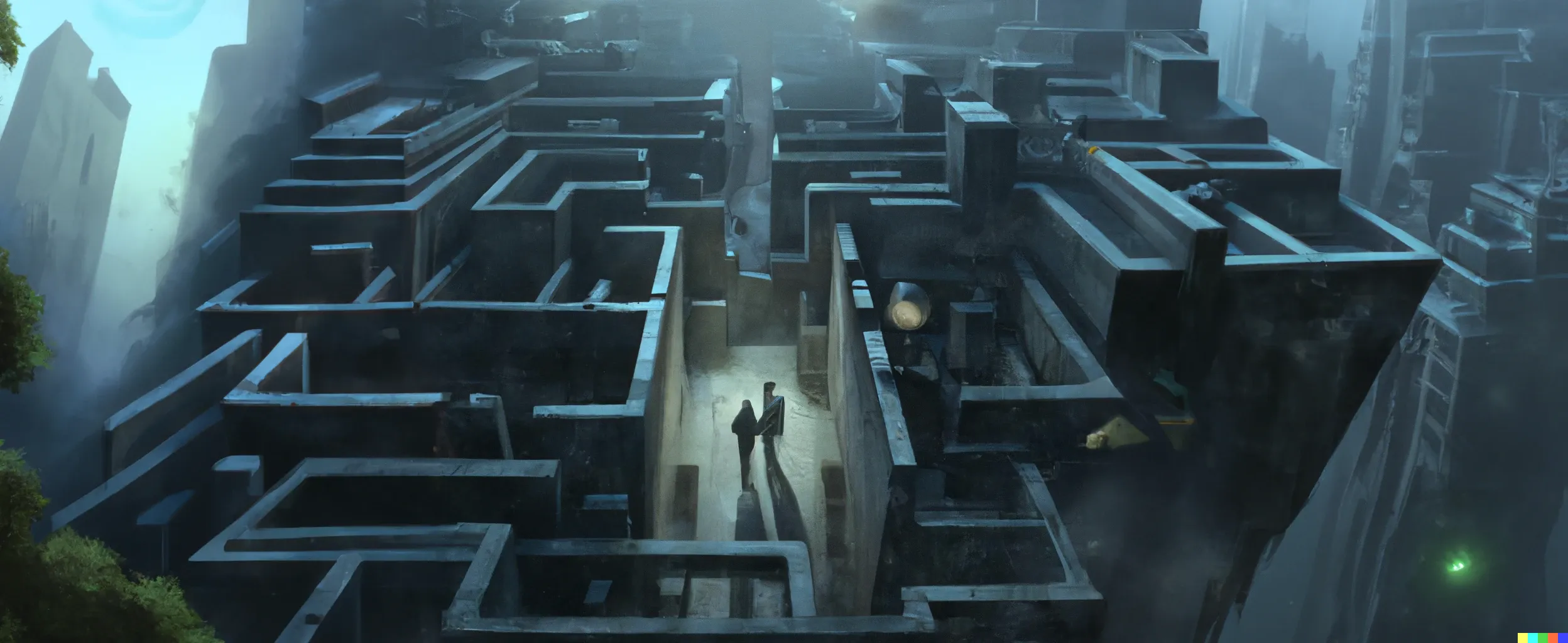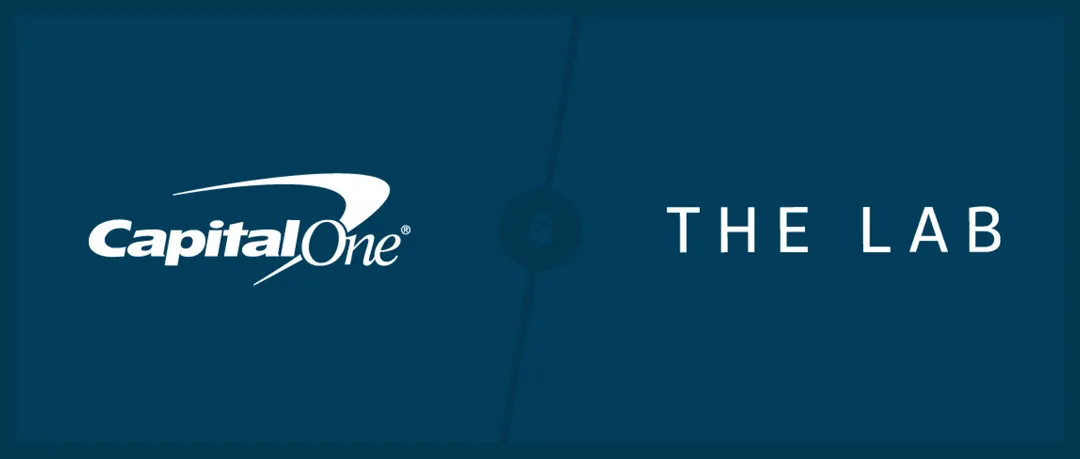Key takeaways
The way we interact with and consume entertainment changes almost every day. The very notion of what entertainment even seems to be in constant mutation, following the rapid evolution of technology and all its applications.
Twenty years ago, no one could have imagined that today’s kids would spend most of their time looking at their own internet-connected mobile devices.
Books have fragmented into websites, videos, and podcasts; television as a medium has seen better days, while the production of movies and series is at its peak, feeding off the power of internet streaming. The increasing access to media-creation devices and the rise of social media allow anyone to produce their own entertainment channels, with platforms like YouTube and Instagram. And while games become more intuitive and immersive, a new and larger audience comes into play, scattered through different mediums—from mobile devices to gaming consoles and large-scale venues.
While small companies thrive on experimenting with their own versions of entertainment, it’s harder for larger corporations to keep up the pace when yesterday’s trends might be over tomorrow, and technology becomes outdated in the blink of an eye.
Telenet—one of Belgium’s biggest providers of entertainment and telecommunications services—is an agile player at the center of this change, using methods such as corporate venturing to efficiently keep up with the changing market. In 2017, they challenged an external Venture Development Studio (which happened to be us!) to join a small Telenet team in creating a value proposition for the future of entertainment. That ended up being the first draft of The Park.
The goal: to create an immersive phygital entertainment venue for group experiences that appeal to both a mainstream audience and hard-core gamers.
“The best entertainment experiences, whether it’s a concert, a sports competition, bungee jumping, drinking coffee at a real barista: they all have a common sense that you experience them optimally yourself, that you are fully involved and that you share them with friends, and others. We also want to convey that feeling to Telenet: we want to experience entertainment intensely. This is increasingly possible due to technology. (…) By using virtual reality technology, we can eventually let people play in their favorite program, series or film.”
John Porter, CEO of Telenet
Many sprints followed, and a third party came into play during the second investment round for The Park: 9.5 Ventures. From then on, we were running at full speed.
The Park opened in May 2018 in Antwerp, under the leadership of CEO Philippe De Schutter.
The Park is an entertainment playground that offers immersive phygital experiences for groups. Right now, the startup is focused on offering free-roam Virtual Reality adventures. They have, at this point, already created 2 games of their own.

It’s safe to say it now: The Park has been an overwhelming success. After six months it was already a profitable business, and only three months later they already had three venues running. Every month, on average, The Park welcomes 3,000 customers to each location, mostly between the ages of 25 and 35.
“With The Park, we want to play a leading role in VR in Belgium and let people experience what VR can mean. The free-roam VR concept is barely known in Belgium, and we strongly believe in its potential. (…) The Park wants to be the entertainment platform of the future that takes players into a fictional world of choice, through compelling ‘phygital’ stories.”
Kenny Henderyckx, Director Corporate Development at Telenet
Besides being a popular concept with little competition, the prosperity of The Park also has to be assigned to the collaboration between Telenet and 9.5 Ventures.
Telenet’s huge brand recognition and reliability were crucial in reducing the friction between unwary customers and this new concept: it gave the curious the confidence that they would have a good experience and value for their money. And besides having the corporation’s marketing power readily available (with media coverage that made The Park a hot topic within Flanders in a matter of days), The Park’s management is also able to instantly tap into all the knowledge of the company, with a direct line to both Telenet’s higher management and the whole network of shop owners, technicians, and distributors.
“And then there is the business intelligence, (…) it [Telenet] is a player that is already super professional in all the metrics that they have. As a startup, you tend to create everything from scratch, but then (…) you can always cross check, and you have some smart people at your table with whom you can spar and have some interesting conversations with.”
Philippe de Schutter, CEO of The Park

9.5, on the other hand, provides The Park with mentorship and guidance, with a commitment that reaches out of the 9 to 5 workday. According to De Schutter, an unparalleled strategic advantage versus any other startup.
After its first anniversary, The Park will be facing its first “grownup” challenges. By the end of H1, the investors will once again gather around the same table: first, they will analyze The Park as a proofed concept and align their visions for the brand; then, they will work on defining the runaway for further product development and expansion.
In every startup’s lifetime, there comes the moment when they need to analyze their business model and decide how to move forward. This is when many small businesses eventually die, but we are confident that The Park still has a long way to go.
Bundl has learned a lot from building The Park together with Telenet. Now that we’re moving on to new projects, we can only watch with excitement what new experiences The Park will bring to the entertainment market.
Do you want to share your corporate startup story with the community, or do you have a question about intrapreneurship? Let’s talk!
50 Corporate Venture Examples
Find out how top companies build ventures from scratch to unlock markets, fuel growth, and generate new revenue.











.svg)


